You can generally run MHz-class ADCs somewhat above their max clock. Occasionally vendors will even provide some performance plots extending 5 or 10% above the specified max clock. For example, the ADC12DL080 is an 80 MHz ADC, but TI provides this plot:

So overall performance is reasonable out to ~95 MHz, although THD and SNR do suffer when run higher than spec. I was curious and tested this, and did not get glitching until >105 MHz. I've seen similar results testing various other devices in that frequency range.
In your case I would study the datasheet carefully. If they spec performance at 82 MHz, and this is a one-off part where you can test it yourself, then I might be inclined to try it. I would not be confident ordering 1000 units though as you don't really know what the distribution of parts is going to be like.
